Living room paint ideas – 9 on-trend ways to decorate your space with paint
Get inspired by these living room paint ideas to give your scheme character using paint
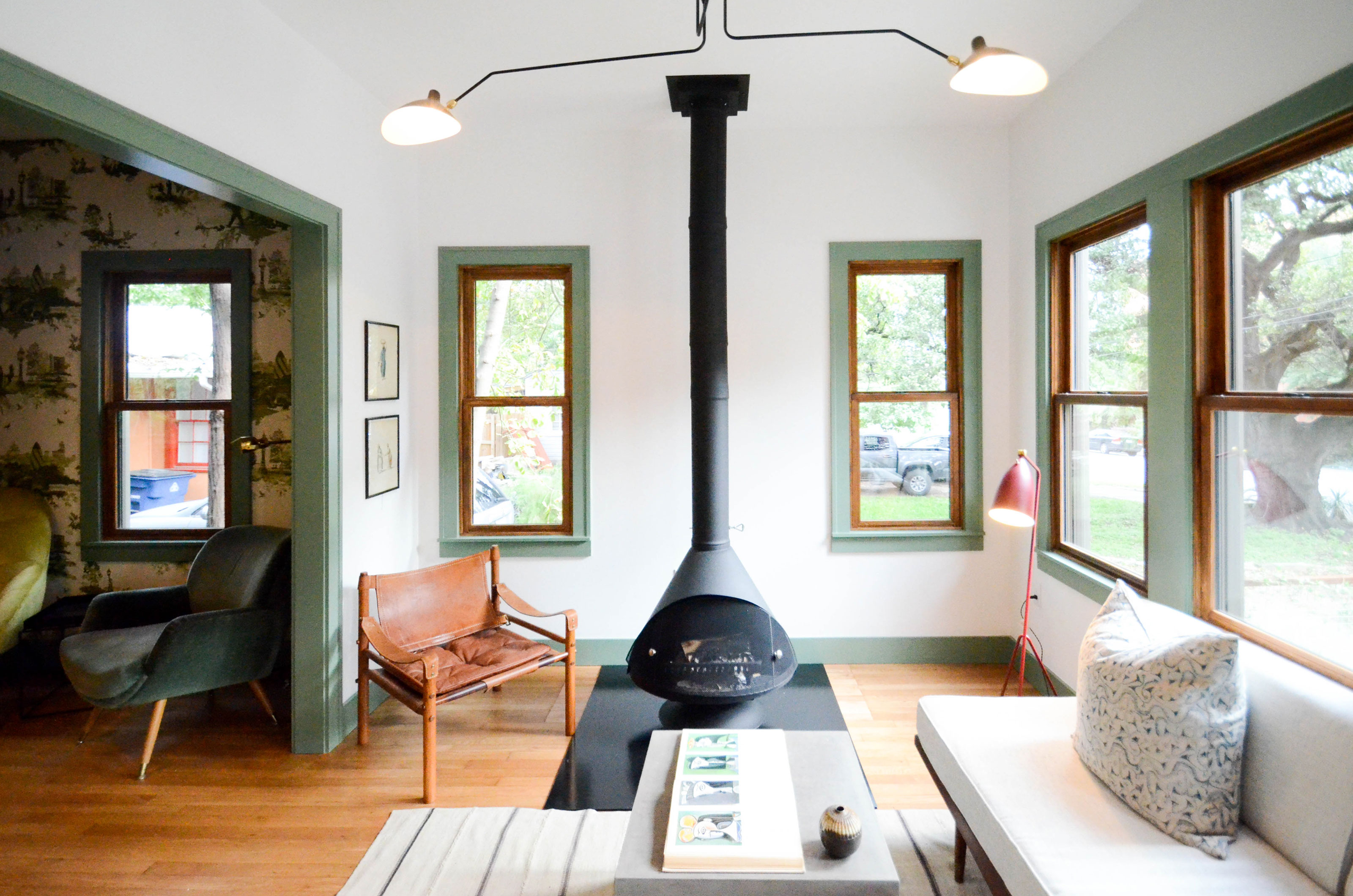

Living room paint ideas will help guide you in your selections for furniture, accessories, furnishings, and more. There’s usually a lot going on in a living room, and it's always easier to have one anchor element for colors so a cohesive design can be built around it.
While you may already have your chosen colors when it comes to deciding on living room ideas, there are ways you can experiment with the paint itself, too. After all, paint isn't only restricted to walls – it can be used to transform ceilings, trim, windows doors and even floors. Plus, even if you are just using it on the walls, there are plenty of creative ideas for application and more, that'll breathe new life into this space.
Here, leading designers offer up different ways paint can be used around your living room, whatever your style goal for the space.
9 living room paint ideas for a creative design
'When thinking about paint for the living room, consider how you want to feel in the room and the amount of natural light available in the space,' says Jessica Risko Smith, founder of Jessica Risko Smith Interior Design. 'These are critical factors to consider, but from there the options are truly endless! A crisp no-fail white is my favorite for the walls, and I can layer texture upon texture to create coziness, and always a touch of black to ground and anchor the various elements. White walls also let the artwork take center stage.'
'Muted, dusty pinks are flattering and comforting, connoting warmth and health. When used in a living room, they are elegant and enveloping,' say Alice Arterberry and Barrett Cooke, founders, Arterberry Cooke. 'They create a beautiful backdrop for warm woods. Even neutrals like white, grey, and black work.'
1. Color the furniture for drama
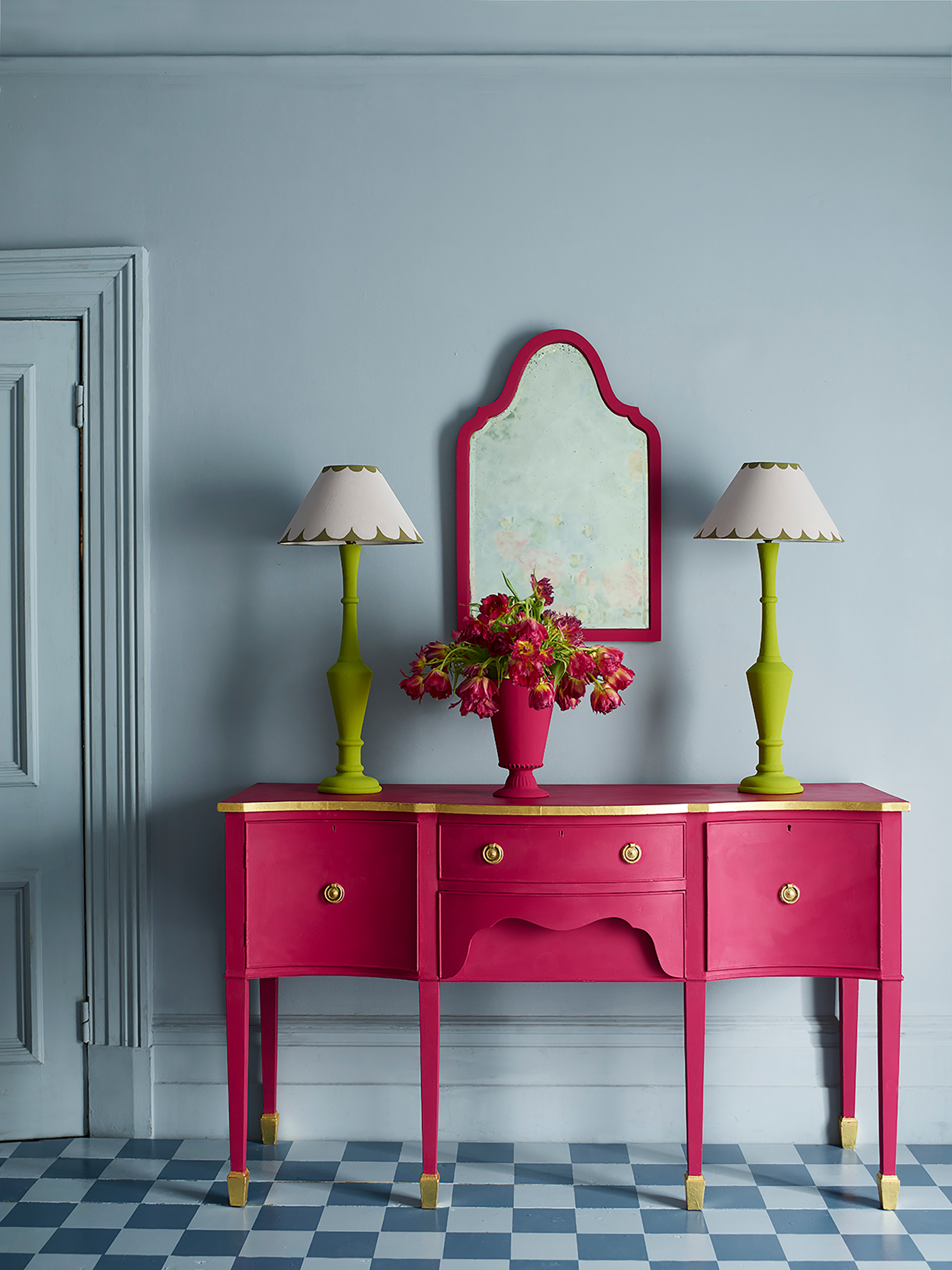
Paint isn't only for walls and ceilings. A great living room furniture idea is to paint them with bright hues that immediately impress.
If you have an old, beat-up console or sofa that you once loved, you can breathe new life into them with paint and color.
If you're painting the furniture yourself, think about the sheen: would you prefer glossy, semi-gloss, or matte. The former can brighten up a small living room further as the glossy finish reflects light around the room. A matte effect paint looks smart but you can see scratches and marks on the furniture more clearly with this paint effect.
Another interesting idea is to paint the furniture with a two-tone application. Consider painting the frame one color, and handles and drawers another. Once you are more comfortable with painting furniture, you can even update your home's built-ins with contemporary color schemes.
2. Paint the window frames a pop color
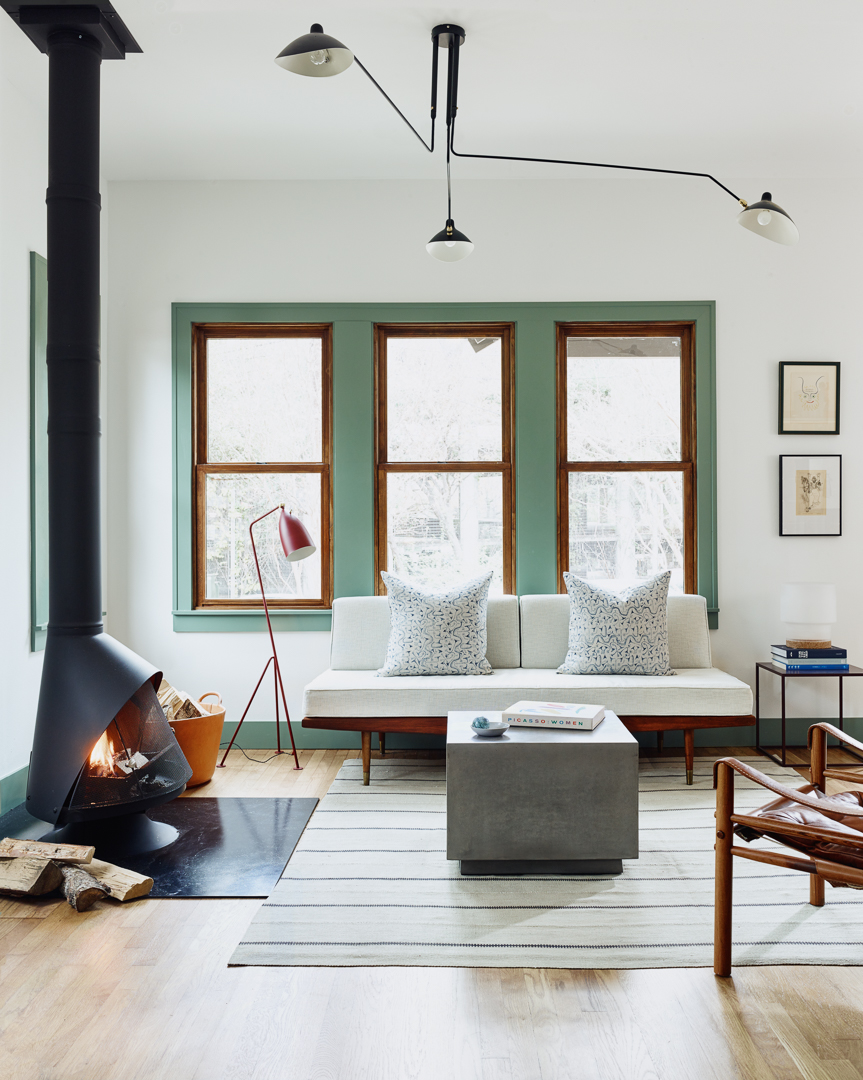
Drapes, blinds, and shutters aside, another way to add pattern and interest to the living room window treatments is with paint. If you're stuck in a small living room that has tiny square footage, you can divert the attention of the guests towards the lovely outdoors by coloring the windows a contrasting shade.
By highlighting the windows, you also draw attention to the design of your windows, their frames, and also the beautiful views outside. Choose a color that will help enhance the light coming in. A sage green, sky blue, or light yellow can work wonders.
3. Create contrast with painted millwork
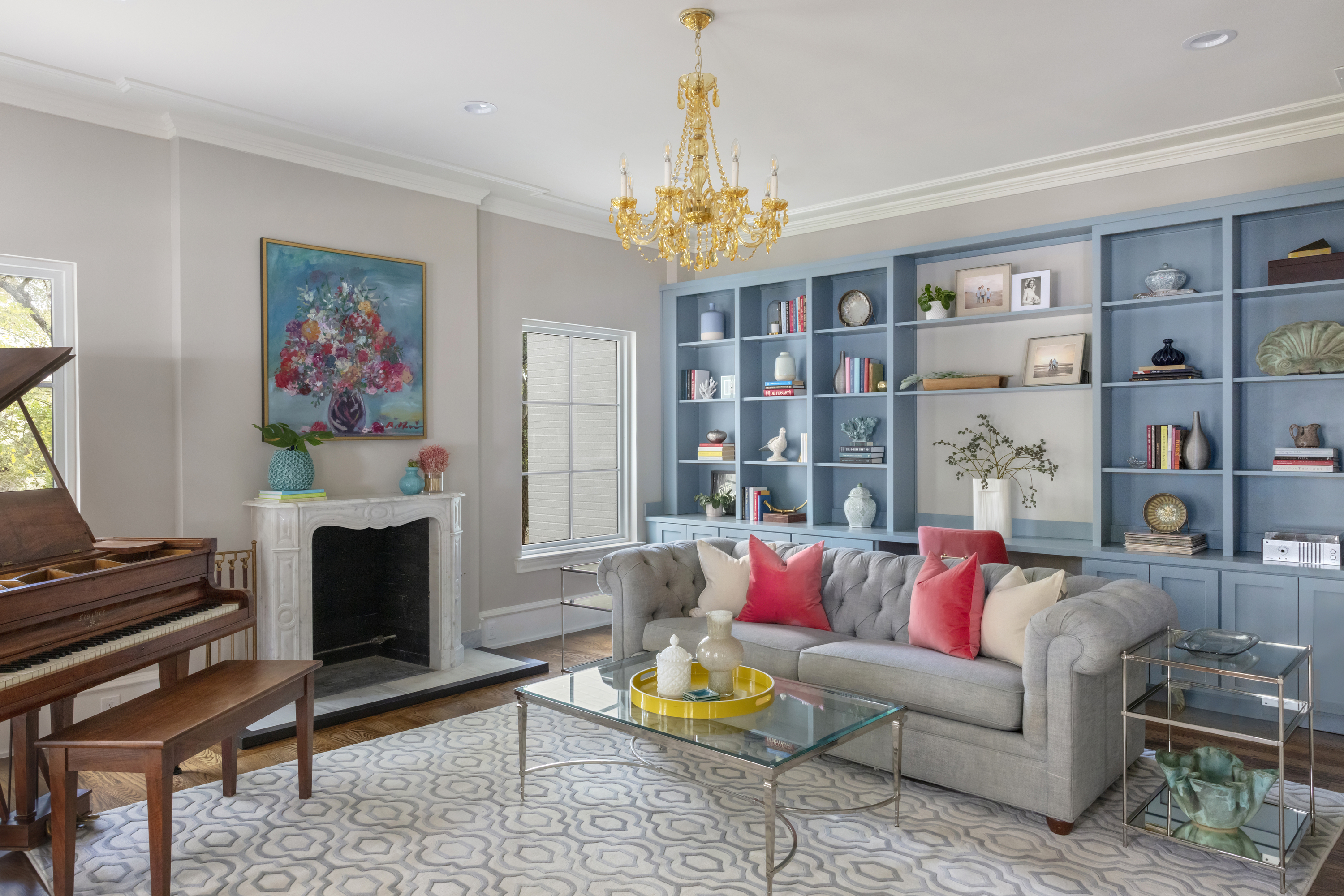
Paint colors look wonderful on joinery – doors, built-in units, stairs, and railings. Creamy whites in an eggshell or pearl finish, beige, tan, and ivory are safe neutrals that can gently highlight the wood details of the room without standing out, and give rise to an elegant living room.
If you're looking to make a bold statement, consider painting the joinery a deep blue, raspberry pink, or even red; the sheen will make cleaning minor scuffs easier.
4. Color drench from walls to ceiling
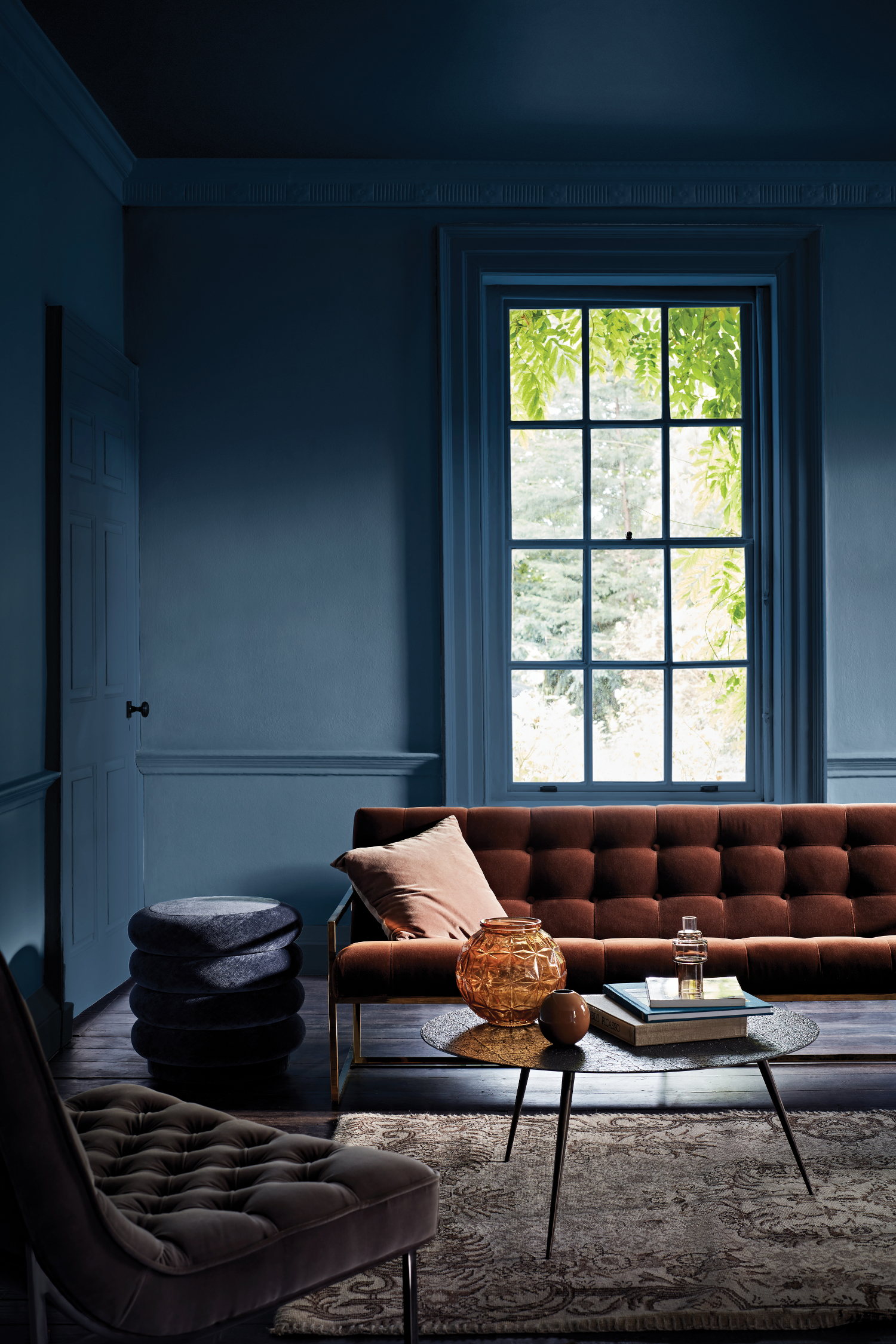
Create a luxury living room with color drenching – that is, taking a color and using it across the entirety of a room. Painting the walls, ceiling and skirting boards in the same hue is a brave move and is ideal for spaces that seem tired and beaten. If you're choosing a deep tone, ensure your room receives plenty of natural light, else the space can look too closed in. If the room has small windows, add plenty of artificial illuminators to keep things light and airy.
'For the ultimate statement create an ultra-luxe, all-encompassing, floor to ceiling finish in one color,' says Helen Shaw, UK Director at Benjamin Moore. 'Using a single shade to cover the skirting, walls, ceiling, and window frames adds a feeling of grandeur and creates a bold look which provides the perfect backdrop for your favorite furnishings and accessories.'
'Embracing a monochromatic and color drenching paint scheme is a fantastic way of creating a chic, minimalist base for a room. Using varying levels of saturation of one color can be a great way to take your room from bland to bold in just one color and can instantly shift the dimensions,' says Helen.
When using more than one color, choose shades with similar intensity 'Or you can use the same color in lighter and darker shades,' says Justyna Korczynska of Crown Design Studio. 'When choosing furniture and accessories for a color-drenched room you can go two routes. Use similarly strong shades and rich patterns to add another layer of color to your room for a strong bold look. Bold saturated jewel greens and teals work very well for color drenching. Dark greys to near black and deep navy shades are also good choices.'
5. Color outside the lines
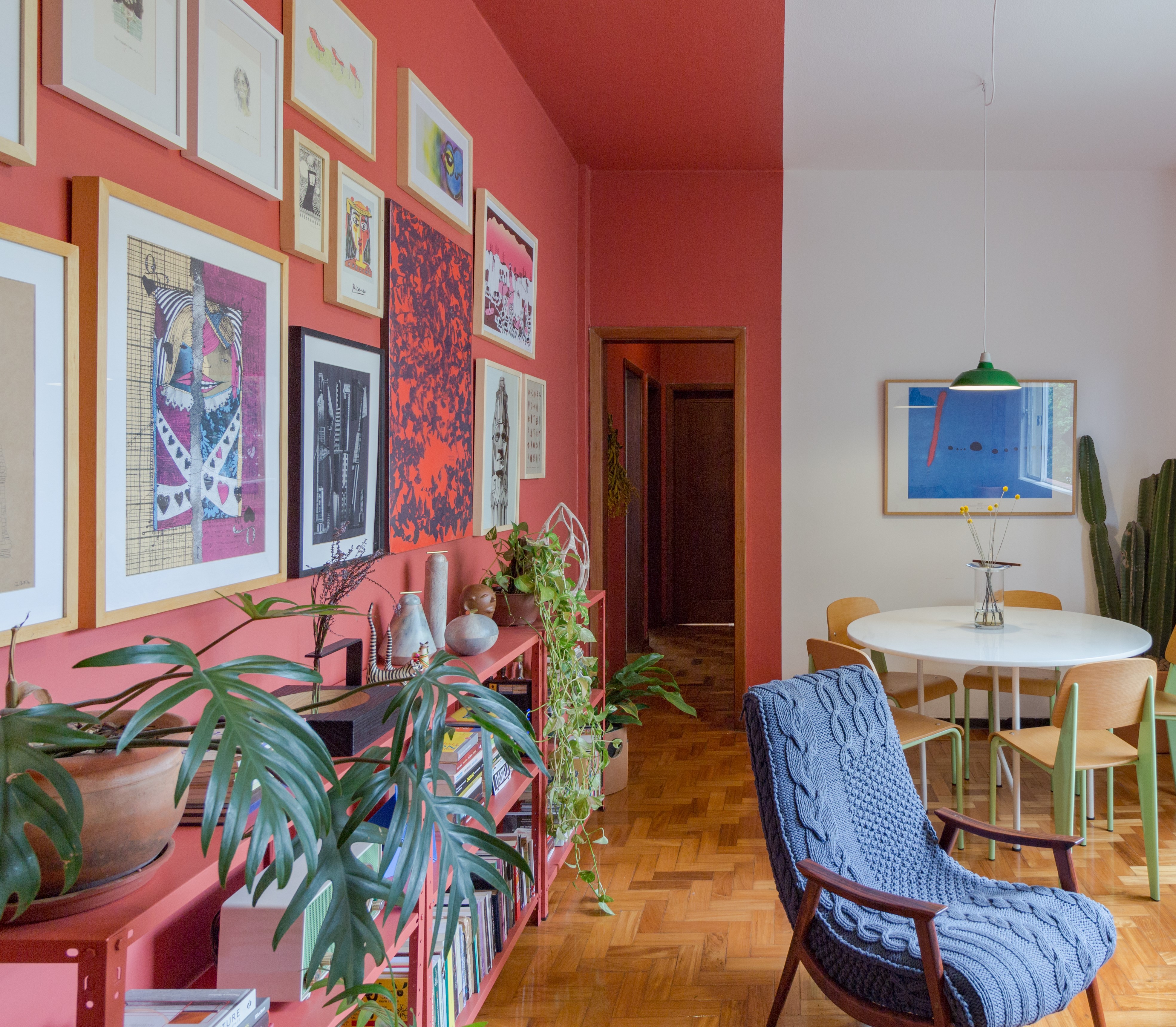
When you're creating an accent wall idea in your living room scheme, the most logical decision is to keep a color contained to a complete wall. However, by breaking beyond these limitations, you can create fun and interesting features with paint.
In this design, paint has been used to zone one side of the living room, followed through into the hallways and echoed by the color of the freestanding storage. It creates a sense of containment for the bookshelf and gallery wall that sets it apart from the dining area of the space.
'Furniture wise, we’d always recommend styling with either complimentary or contrasting colours to ensure natural breaks are present throughout the room,' says Helen from Benjamin Moore. Go for fun, contrasting wall and furniture hues, to opposing carpet and sofa colors, to give your living room an experimental touch.
6. Experiment with color blocking on the walls
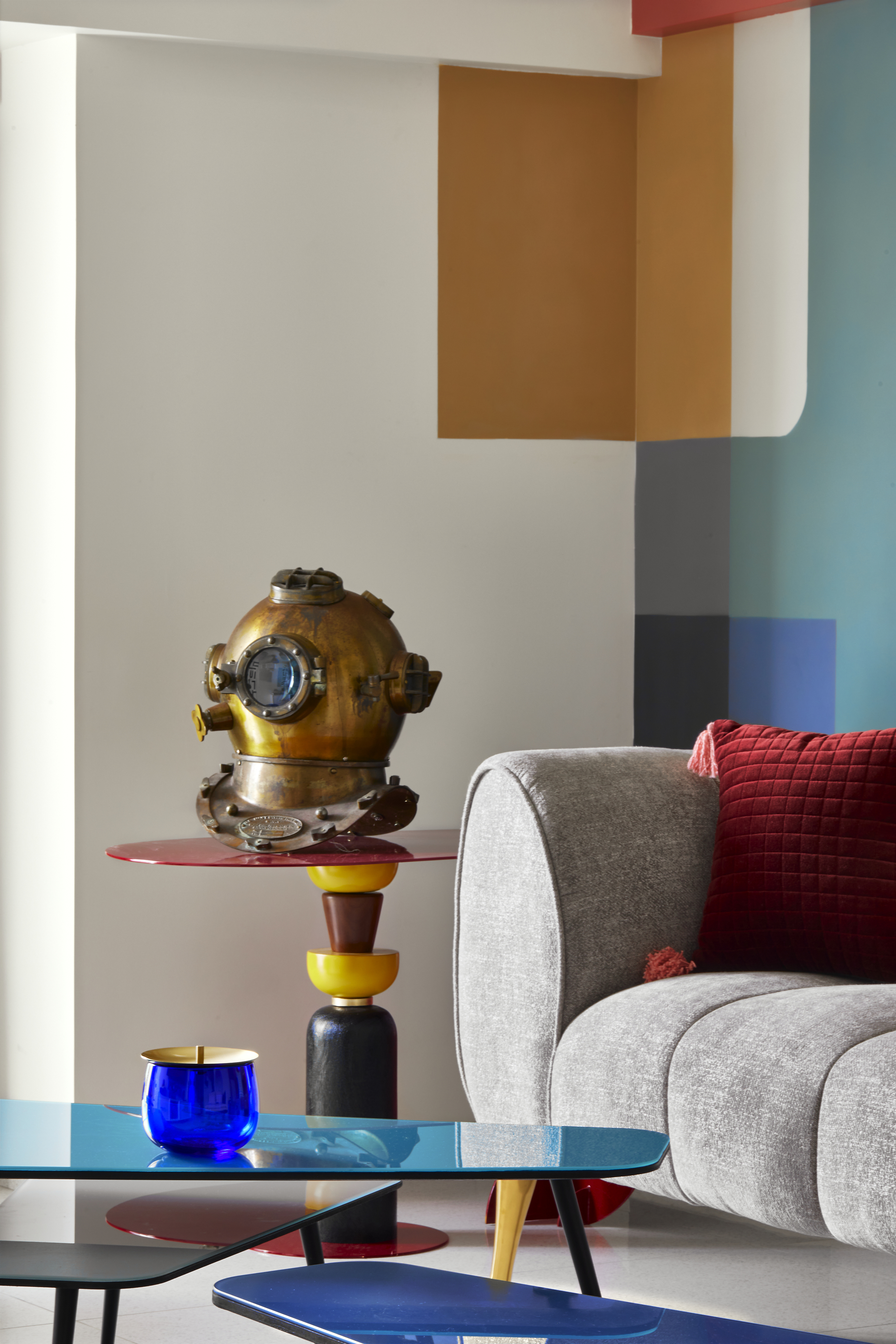
Different, contrasting blocks of colors when paired together can refresh your home, and add positivity to it. In this technique, you can implement as many or as few colors as you'd like and create a wonderful feature wall.
If you're redesigning a living room, we suggest tapping into this fun paint trend. Try using colors that appeal to you and see if you can come up with a specific color palette. Be a little brave and use unmatchable shades and color match accessories to unite the shades.
You can even design a fun wall mural in your living room for added interest. This can double up as an artwork; you can have a painter specially customize a color block wall for you.
7. Consider drenching the room in soft tones
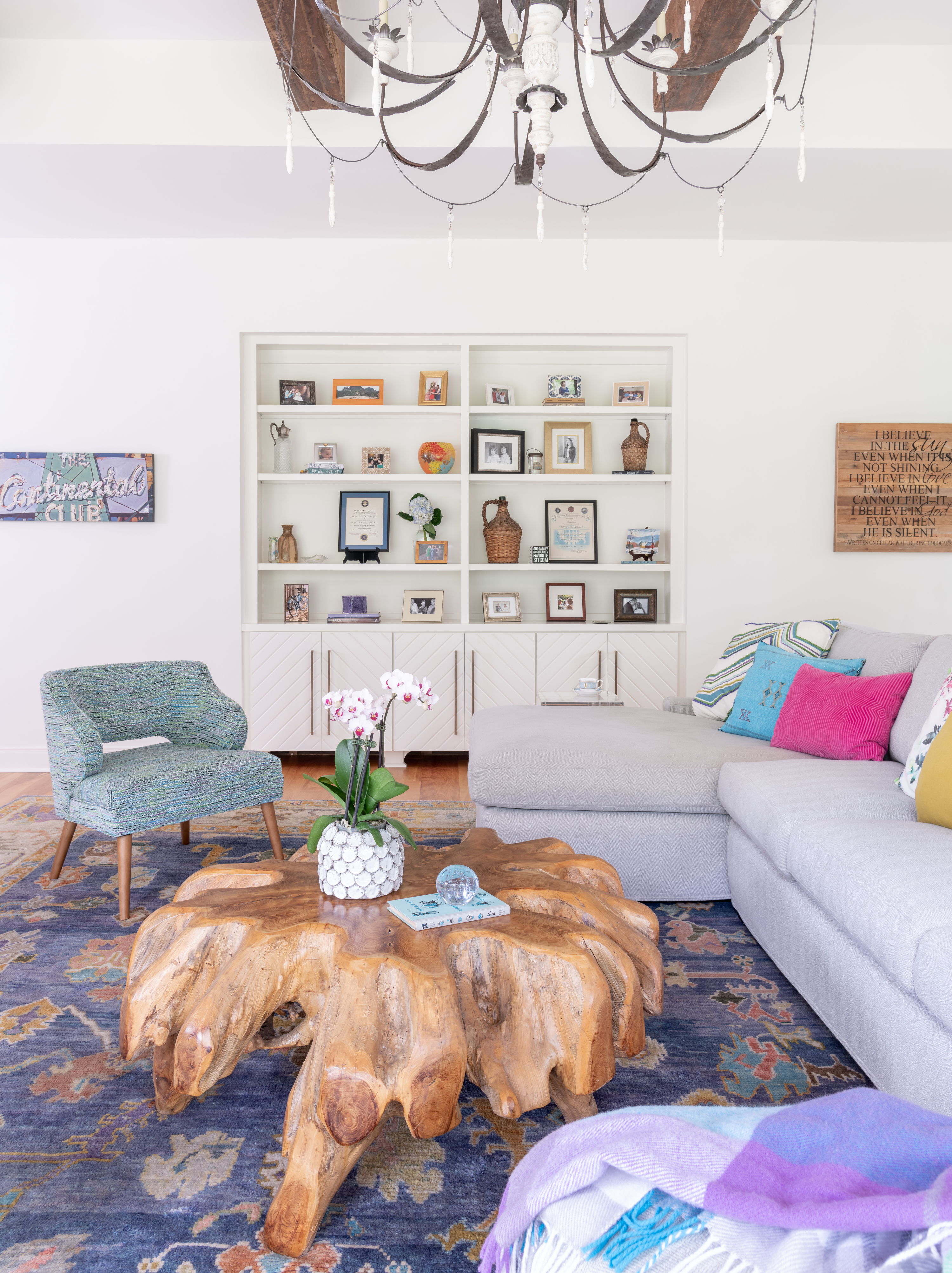
If you're color shy, and love light, clean, airy spaces, you can't go wrong with soft tones of any color – think soft greys, greens to designers' current favorite hue, lavender. Paint the walls in these colors and inject life into spaces.
Robin's egg blue is a lovely color as it adds sweetness and energy. Choose scandi tones to design a neat, tidy, and minimalist haven, if that's the look you're going for.
Muted greens are another trendy near-neutral. The hue is an excellent way to add life without creating strong contrast. Similarly, for a fresher and more modern near-neutral, a pale mint shade works, that looks greener and reads almost as grey.
Once you've painted the walls and feel more confident about color, you can bring in a peppering of more hues for vibrant living room color ideas. Bring in colors from a single saturation family with the same degree of richness, and add them to the soft furnishings and accessories.
'Navy, emerald greens, and especially lavender or aubergine are very popular and common in the living rooms,' says Kim Armstrong, principal designer of Kim Armstrong Interior Design. 'Many times these color selections aren’t limited to just the walls; I’ve seen some dynamic designs where the trim, millwork, and even ceilings are wrapped in this choice of color.'
8. Let the colors flow in an open plan space
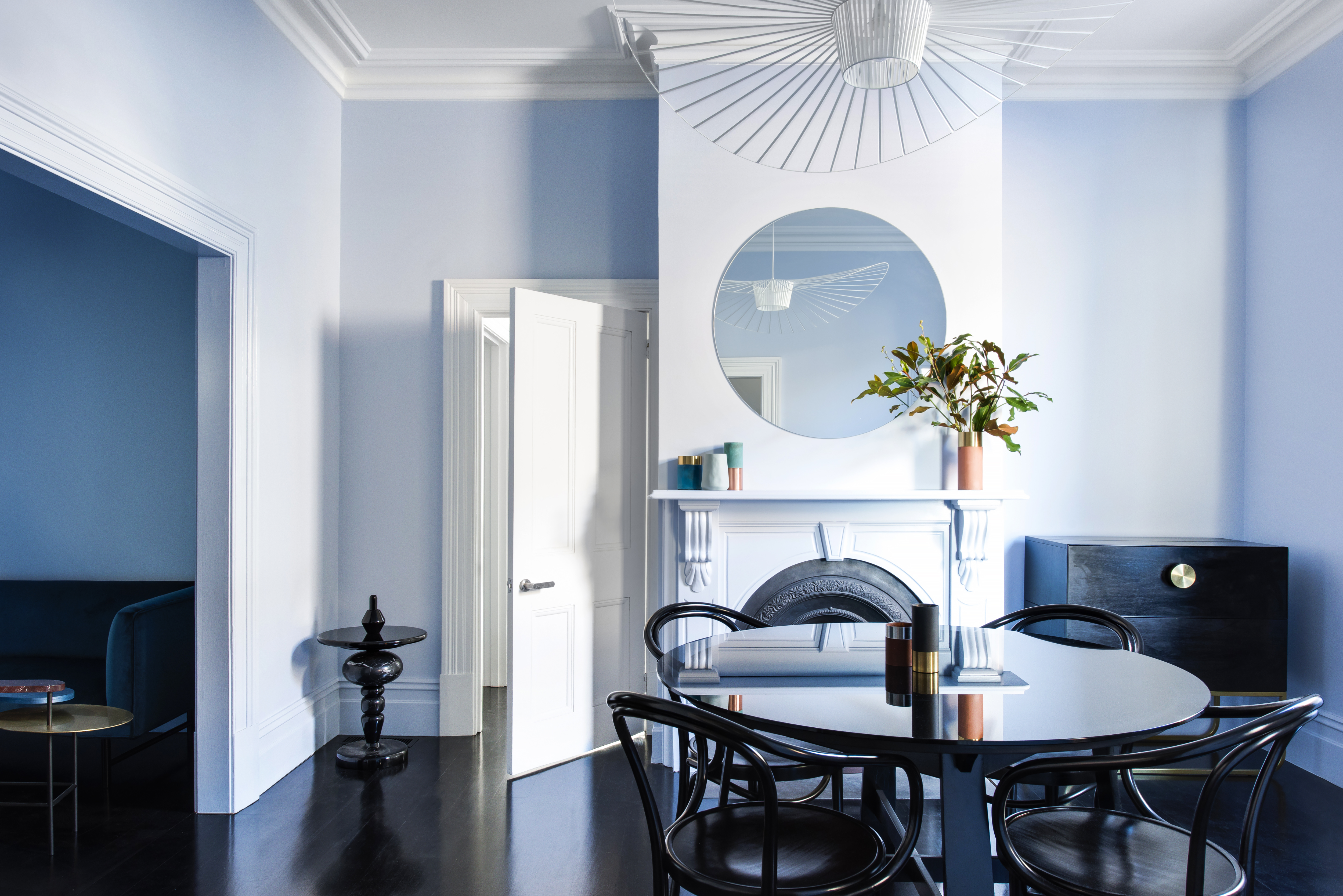
A great way to create a seamless and unified open plan is through colors. An all-white open plan can feel boring or sterile; add color with wall paints, accessories, and more.
When choosing an overarching color for say, a living room dining room combo, use a warm, happy hue to further open up the space and add a cozy touch. In this room, the light blue flows inside the dining room, into the living room creating a wonderful scape. Thanks to the color, the space almost reads like one. The reflective flooring helps add more brightness to the decor.
9. Bring in earthy colors to create an outdoor environment
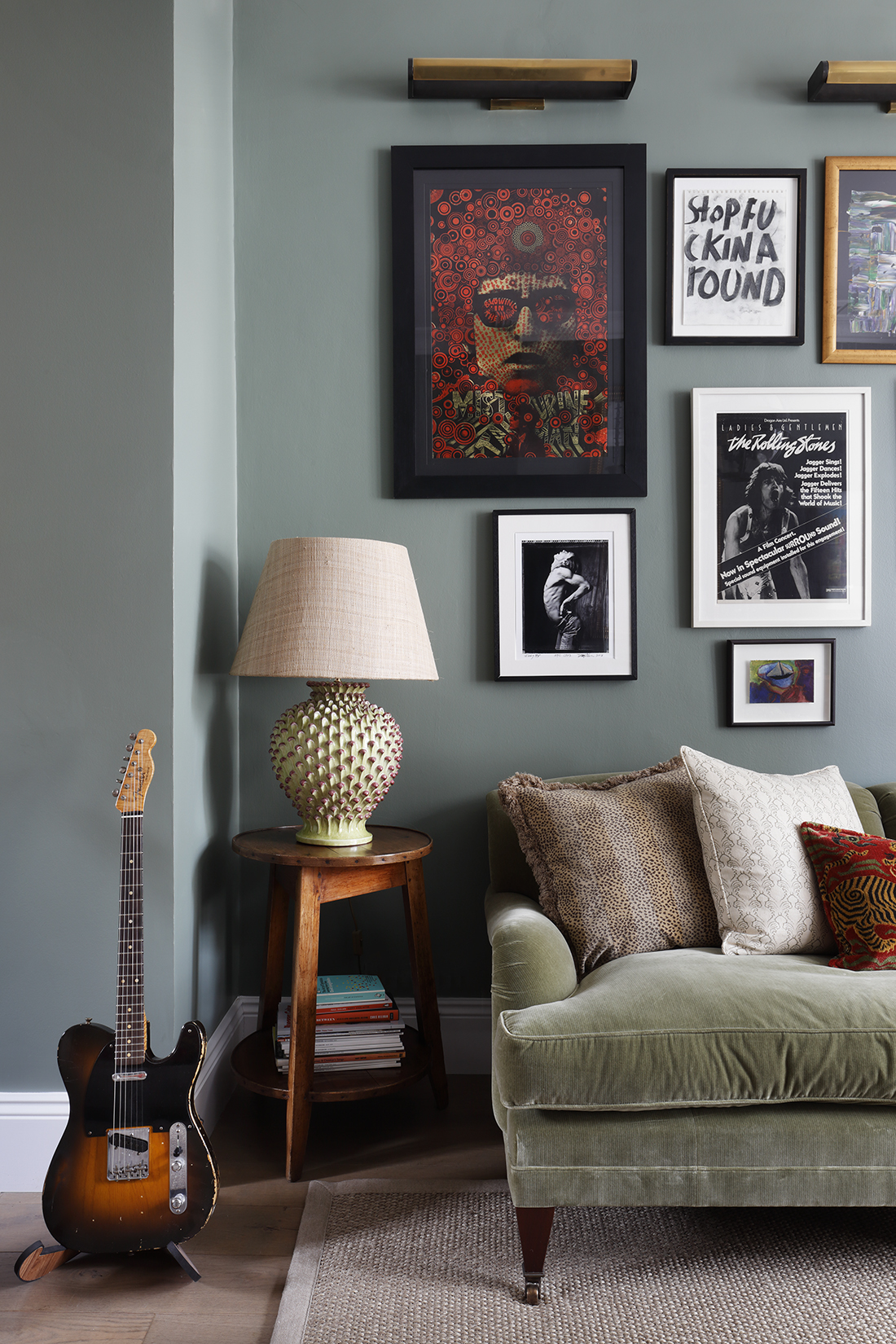
Often referred to as nature's neutral, green is probably the best color when you want to give your home an earthy tonality. A close competitor, of course, is brown. A color seen aplenty outdoors, this is a refreshing, soothing color to create a cozy living room.
Greens with a yellow undertone can further add warmth to a space, as lighter tints are much more soothing than their deeper, more saturated counterparts. A grey-green too is lighter on the eyes and more pleasing in a large space.
You could also opt for deeper blue-greens as this is a softer alternative to turquoise, yet serene and ocean-like.
What type of paint finish should I use for a living room?
When it comes to paint finishes, from matte, eggshell to high gloss paint, decorative finishes to limewash paint, the choices are endless. Matte emulsion paint tends to be the go-to for living rooms. It has a velvety quality and makes colors look rich and deep.
Satin and eggshell are commonly used for painting trims. Satin has a slight luster, is more durable than semi-gloss, and has a higher sheen compared to the eggshell finish. It is also easier to clean.
Using high gloss paint or lacquer is currently a hot look in decorating a living room, and it's a trend that appears to have staying power. Its highly reflective surface bounces light around your room, but it is prone to showing imperfections.
In terms of colors, 'Greens are showing up everywhere right now,' say Alice and Barret. 'Green brings a calming energy to a living room, connecting us with outdoor spaces and creating a serene environment for a lounging space. Soft sage greens are a fresh choice that still provides a lot of flexibility.'
Be The First To Know
The Livingetc newsletters are your inside source for what’s shaping interiors now - and what’s next. Discover trend forecasts, smart style ideas, and curated shopping inspiration that brings design to life. Subscribe today and stay ahead of the curve.

Aditi Sharma Maheshwari started her career at The Address (The Times of India), a tabloid on interiors and art. She wrote profiles of Indian artists, designers, and architects, and covered inspiring houses and commercial properties. After four years, she moved to ELLE DECOR as a senior features writer, where she contributed to the magazine and website, and also worked alongside the events team on India Design ID — the brand’s 10-day, annual design show. She wrote across topics: from designer interviews, and house tours, to new product launches, shopping pages, and reviews. After three years, she was hired as the senior editor at Houzz. The website content focused on practical advice on decorating the home and making design feel more approachable. She created fresh series on budget buys, design hacks, and DIYs, all backed with expert advice. Equipped with sizable knowledge of the industry and with a good network, she moved to Architectural Digest (Conde Nast) as the digital editor. The publication's focus was on high-end design, and her content highlighted A-listers, starchitects, and high-concept products, all customized for an audience that loves and invests in luxury. After a two-year stint, she moved to the UK and was hired at Livingetc as a design editor. She now freelances for a variety of interiors publications.
-
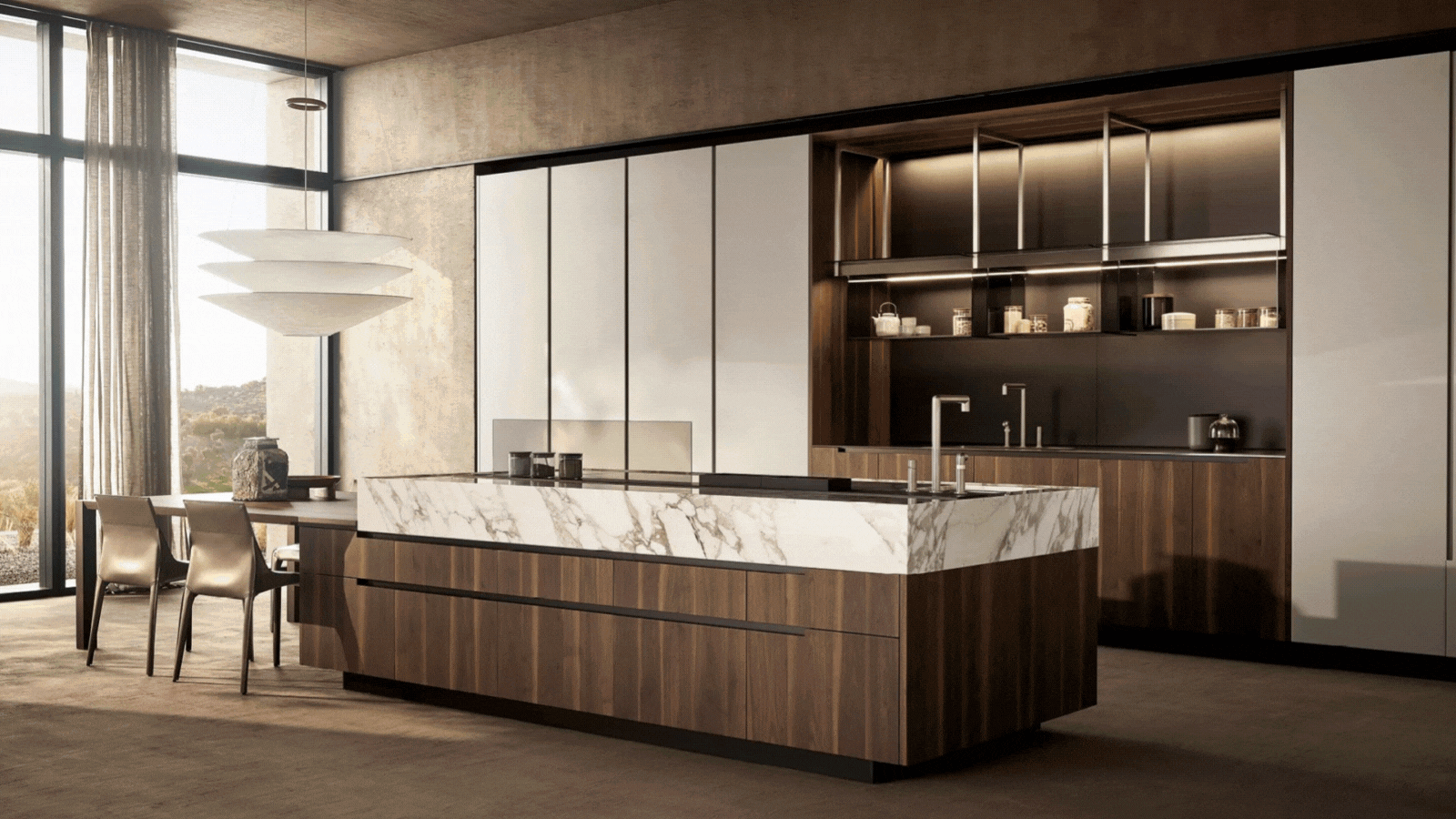 Italian Kitchen Trends — 5 Emerging Ideas From the Chicest Italian Designers That I Predict Will Go Global in 2025
Italian Kitchen Trends — 5 Emerging Ideas From the Chicest Italian Designers That I Predict Will Go Global in 2025Fresh from Milan Design Week, these are the exciting finishes, styles, and innovative materials I can't wait to see in more kitchens this year
By Faiza Saqib Published
-
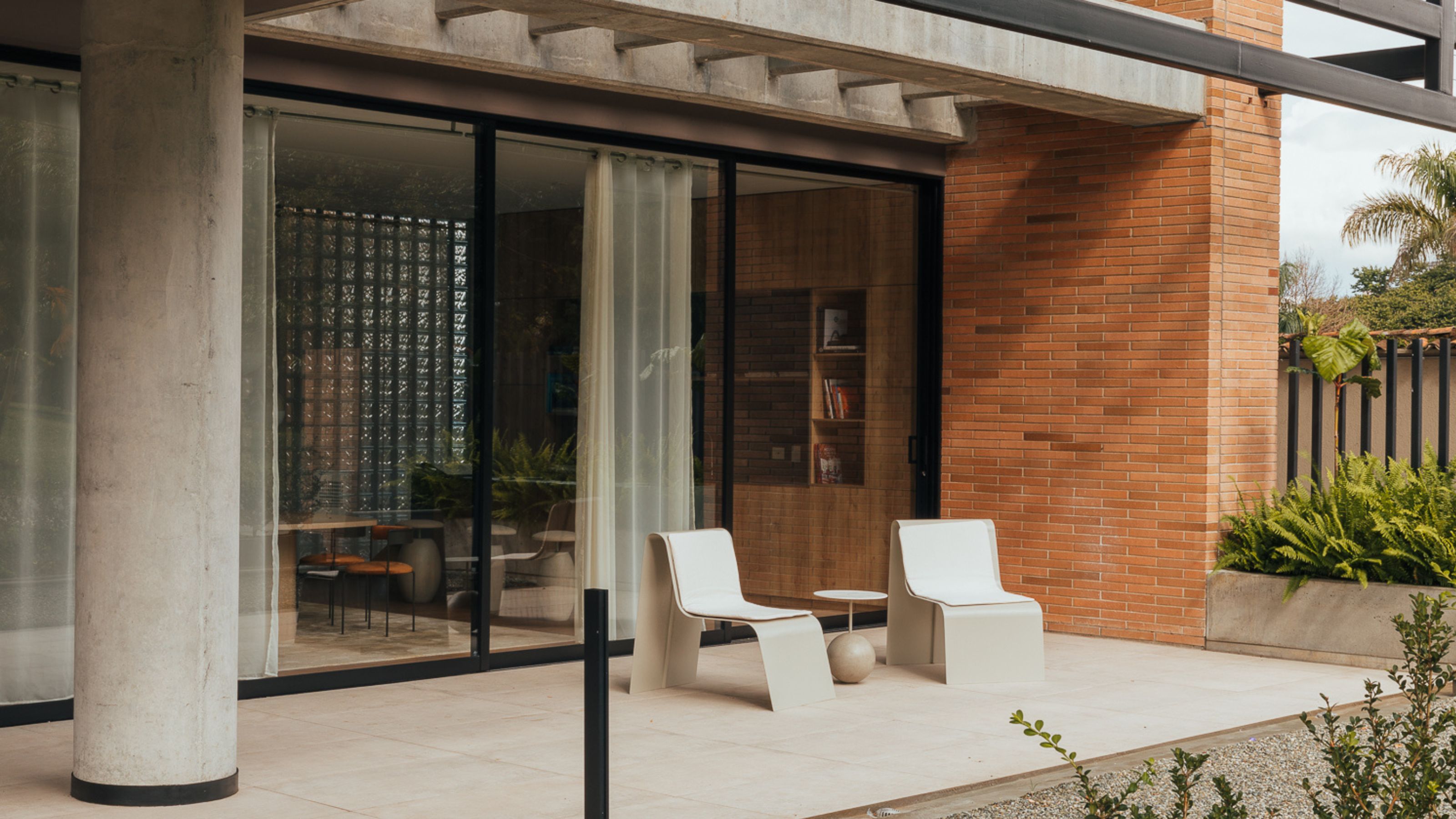 Small Patio Ideas — 8 Clever Ways to Style Up Even the Tiniest of Outdoor Spaces
Small Patio Ideas — 8 Clever Ways to Style Up Even the Tiniest of Outdoor SpacesIf you're dreaming of turning your small patio into a dream space the right combination of practical and creative ideas will help you max up its potential
By Sarah Wilson Published
-
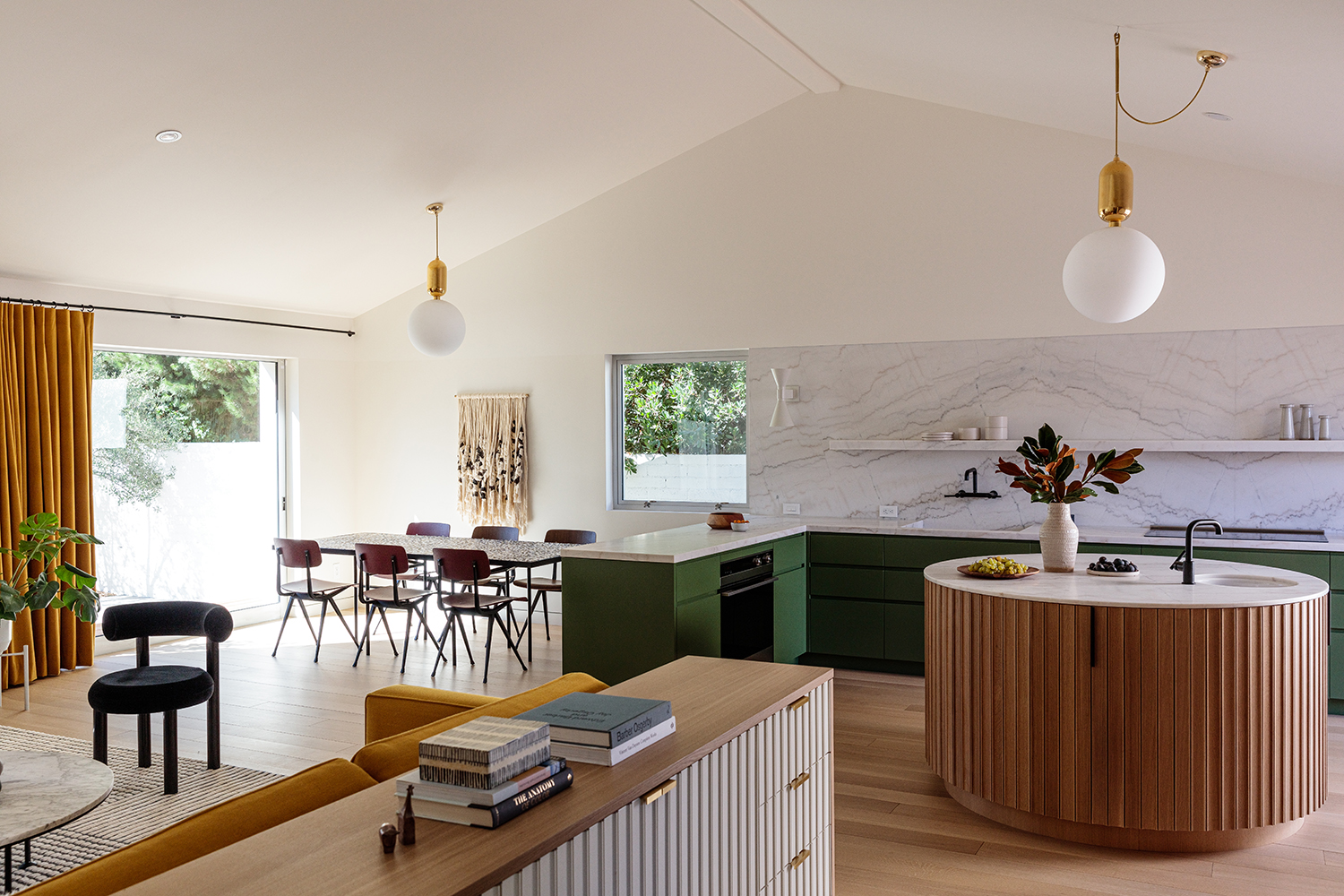 10 rules to achieve balance in interior design - the secret style sauce which brings schemes together
10 rules to achieve balance in interior design - the secret style sauce which brings schemes togetherFor calm interiors with visual stability, balance is the go-to design principle for perfect harmony in good measure
By Keith Flanagan Published
-
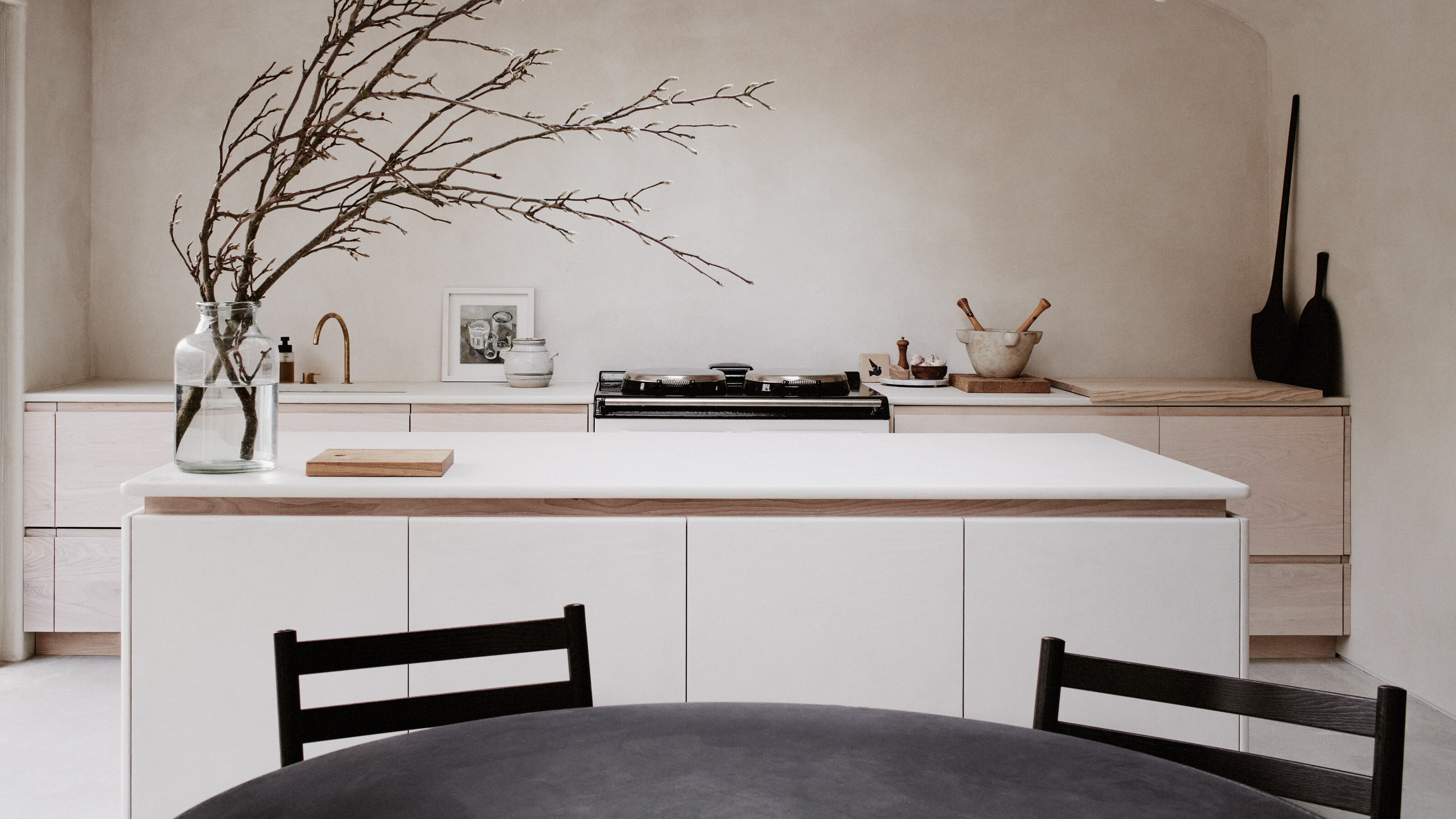 I'm trying a 30-day minimalism challenge this January, a step-by-step guide to life of soothing simplicity
I'm trying a 30-day minimalism challenge this January, a step-by-step guide to life of soothing simplicityTry our 30-day minimalism challenge to declutter your mind and home this January
By Oonagh Turner Published
-
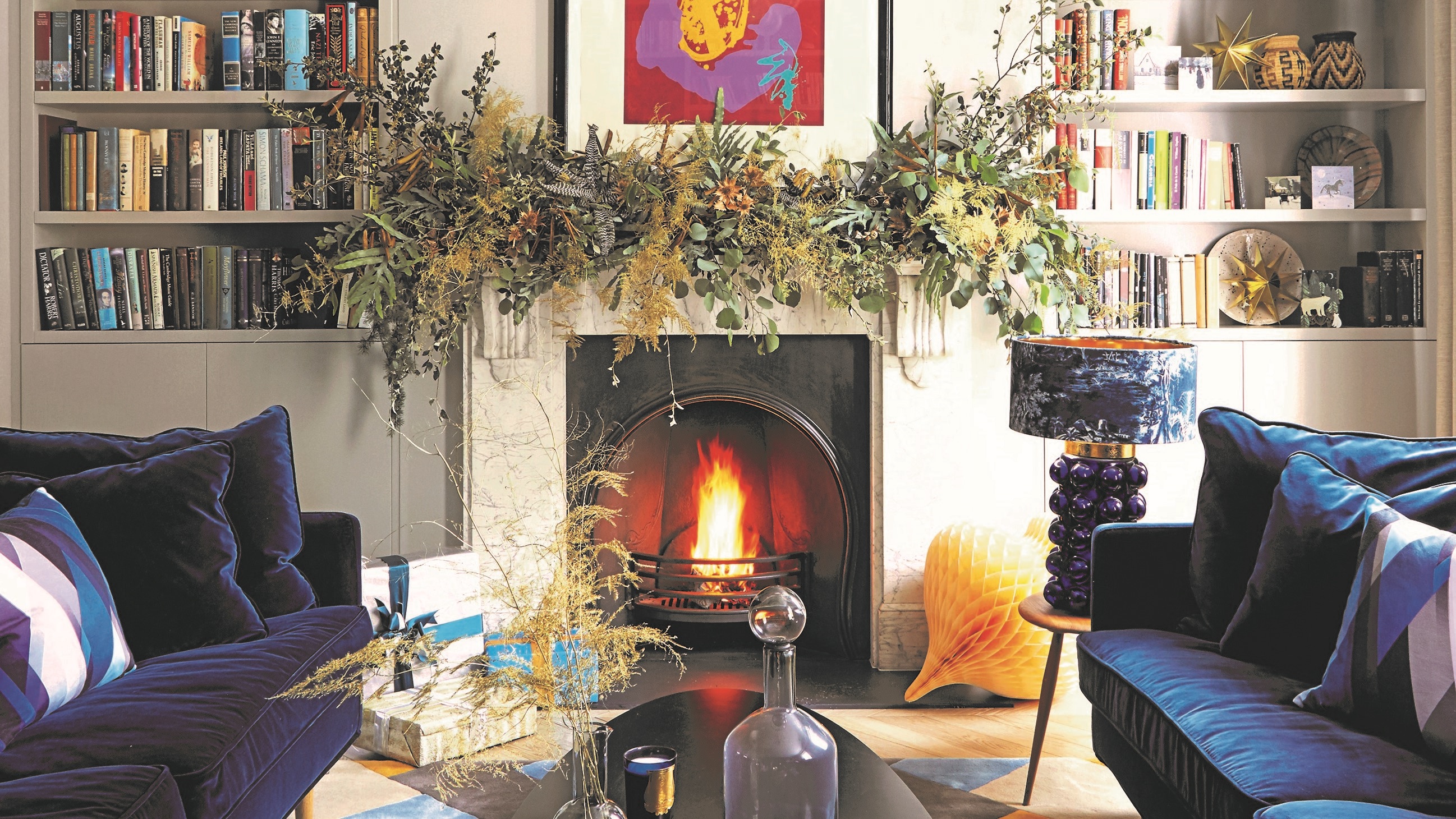 These 10 foolproof rules will help you host Christmas in a small space
These 10 foolproof rules will help you host Christmas in a small spaceIf you're faced with hosting a Christmas in a small home, fear-not, we've got the expert advice to see you through the season
By Oonagh Turner Published
-
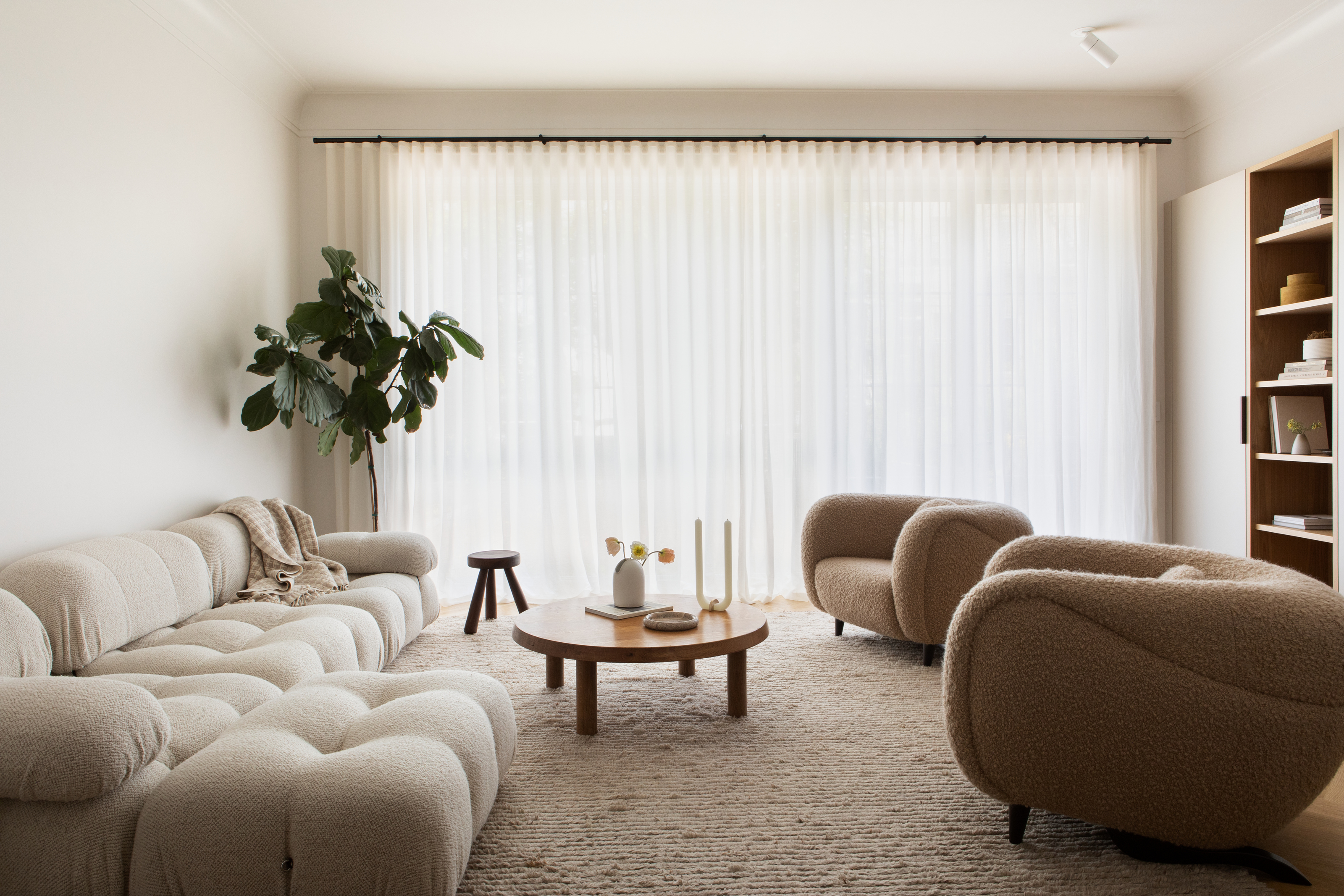 The 10 best minimalist interior designer accounts to follow to inspire a less cluttered home
The 10 best minimalist interior designer accounts to follow to inspire a less cluttered homeThese are some of our favorite interior designers accounts to follow for seriously beautiful, minimalist spaces
By Oonagh Turner Last updated
-
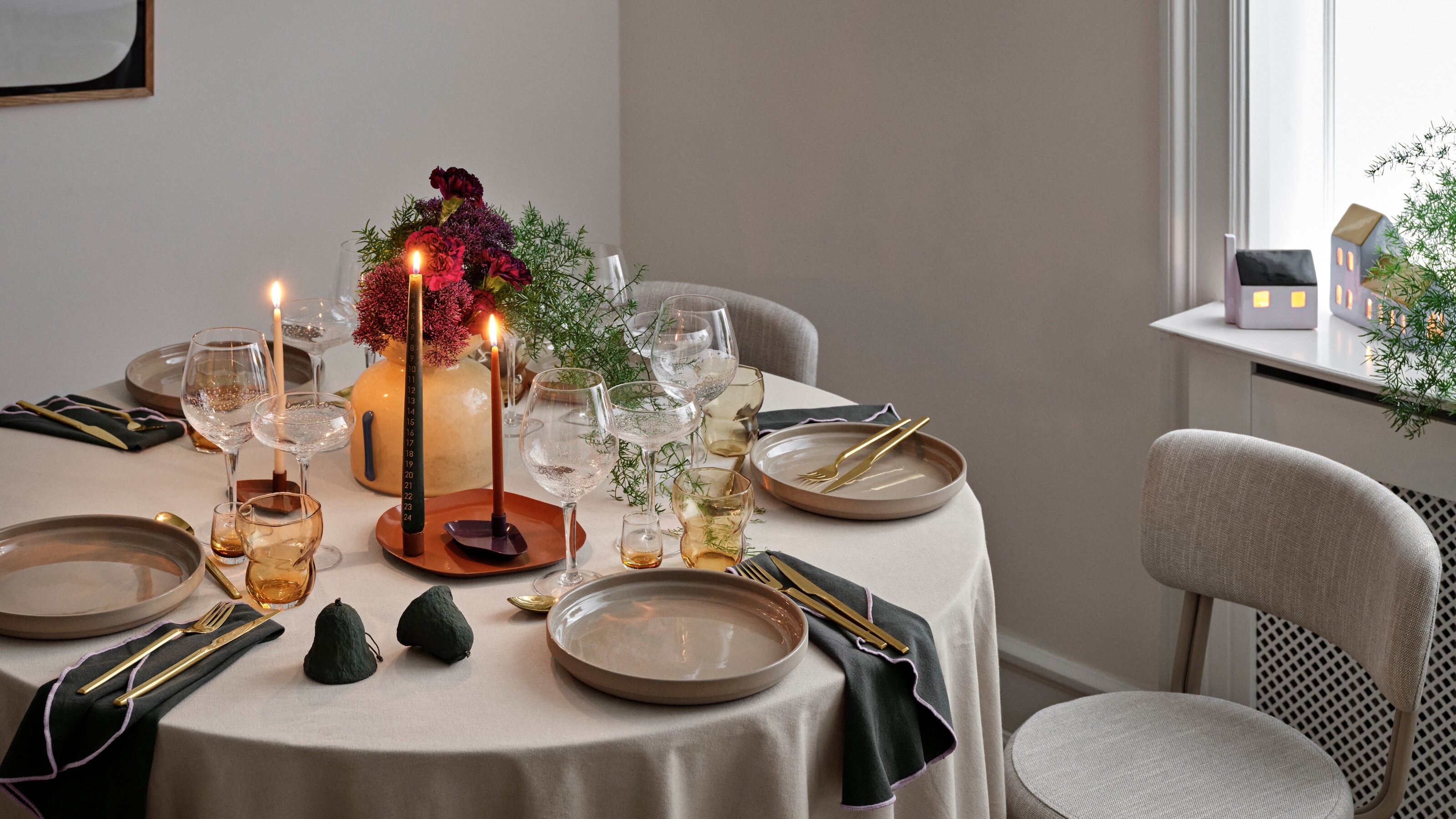 8 of the best table centerpiece ideas that will take minutes to achieve, yet make any occasion feel extra special
8 of the best table centerpiece ideas that will take minutes to achieve, yet make any occasion feel extra specialThese table centerpiece ideas will help to elevate your hosting game and wow your guests
By Oonagh Turner Last updated
-
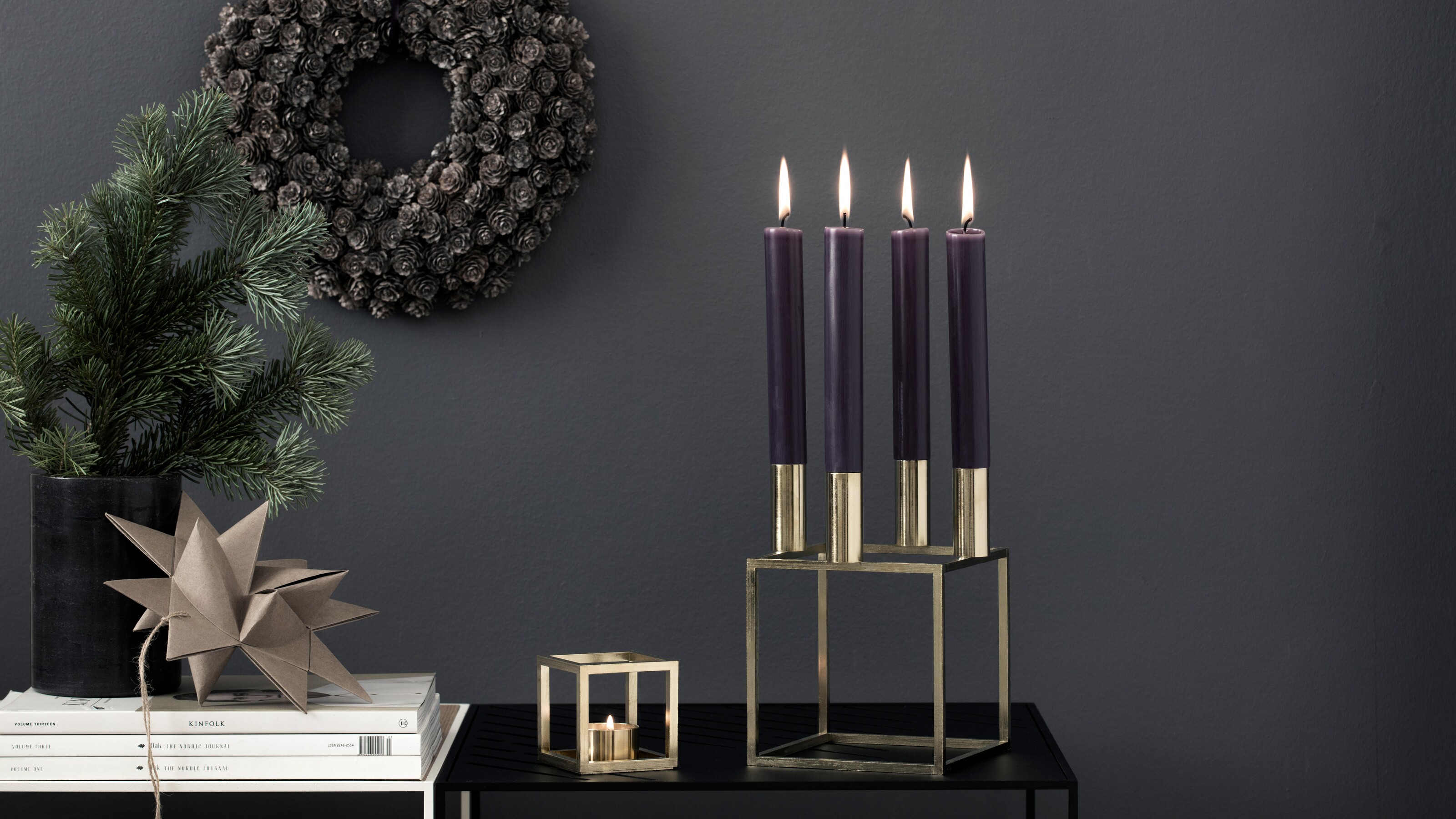 This often-forgotten element of design is what will make your Christmas feel most magical, say these experts
This often-forgotten element of design is what will make your Christmas feel most magical, say these expertsFestive scentscaping is the next frontier for the home at Christmas. We speak to fragrance experts to find out how to do it
By Oonagh Turner Last updated
-
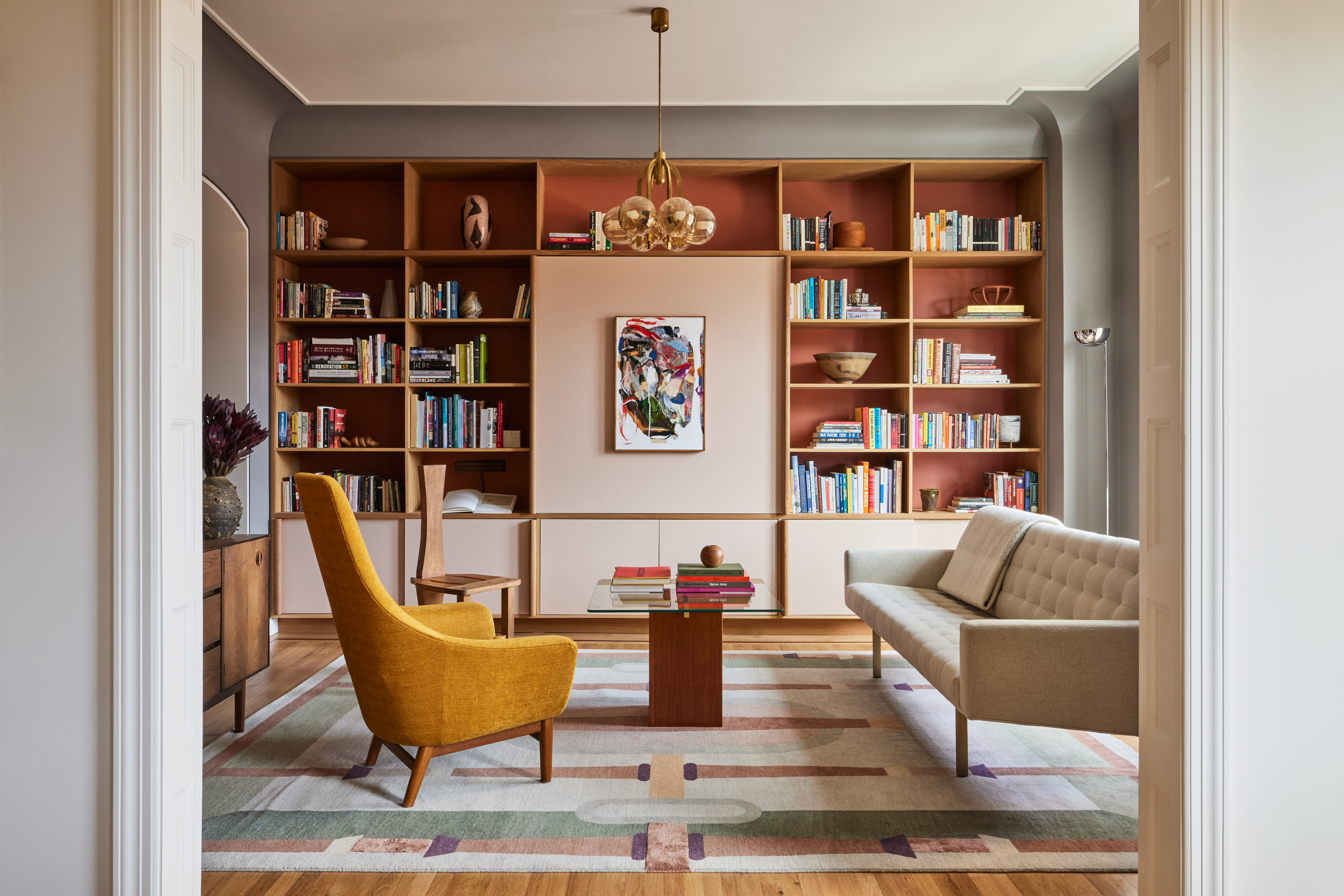 9 genius tricks for decorating with books that can change the vibe of your home in less than an hour
9 genius tricks for decorating with books that can change the vibe of your home in less than an hourIf done in the right way, decorating with books can bring unique, fresh and interesting perspective to your space
By Aditi Sharma Maheshwari Published
-
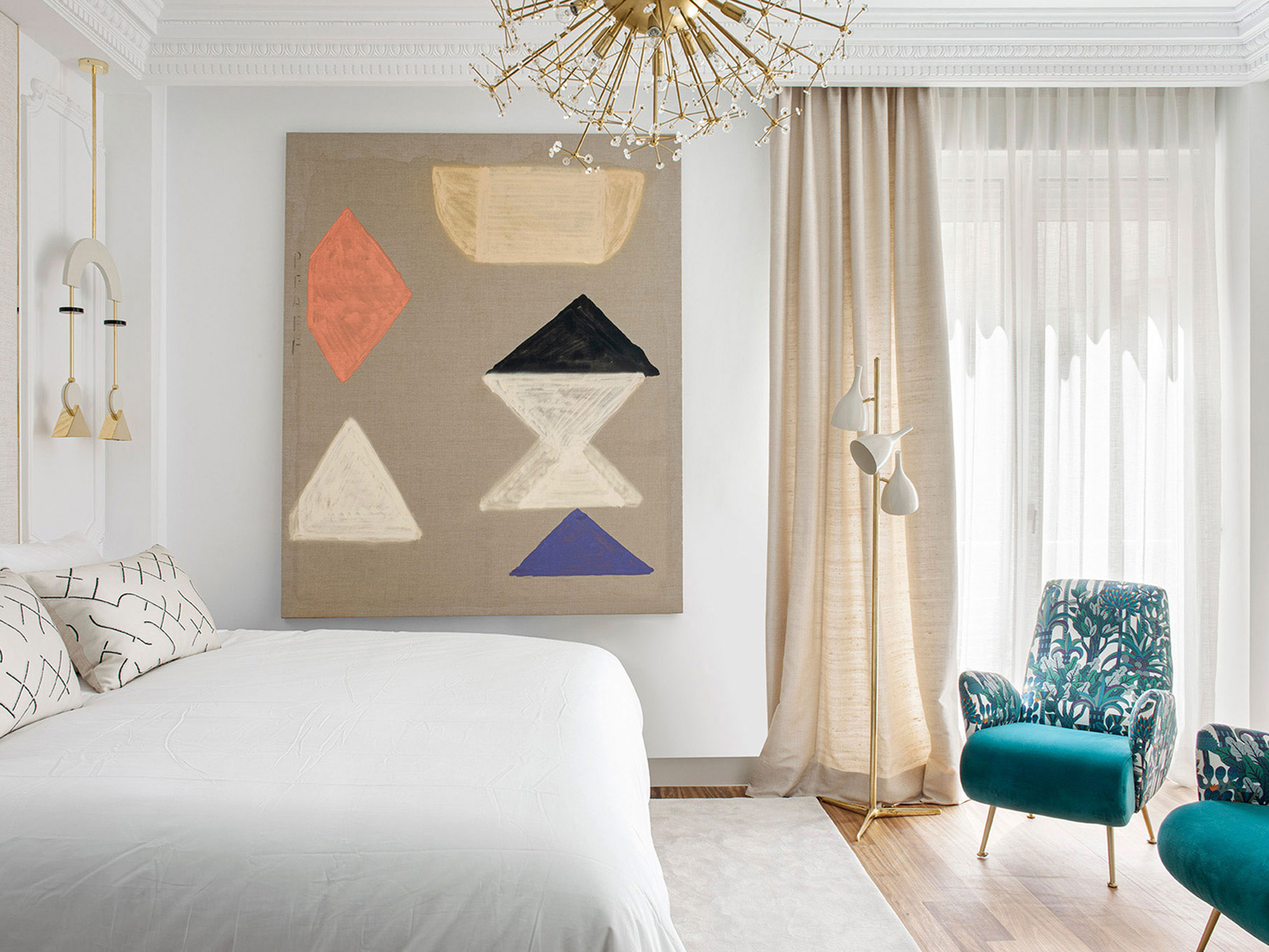 25 modern bedroom ideas for a sleep space that's contemporary yet cozy
25 modern bedroom ideas for a sleep space that's contemporary yet cozyA modern bedroom doesn't mean a cold, soulless space. These ideas take contemporary style and make it comfortable
By Aditi Sharma Maheshwari Last updated